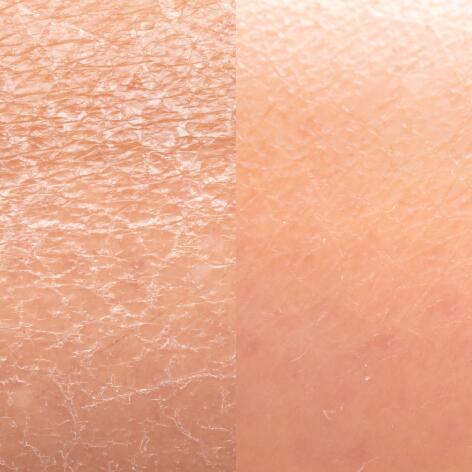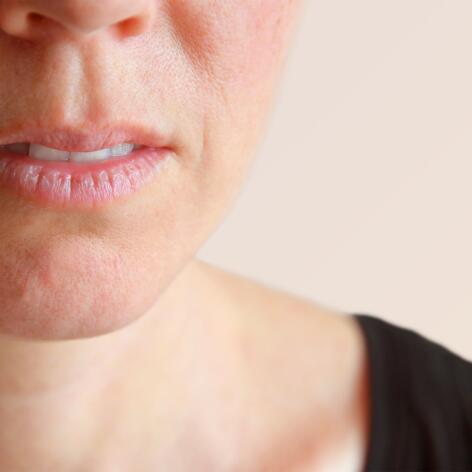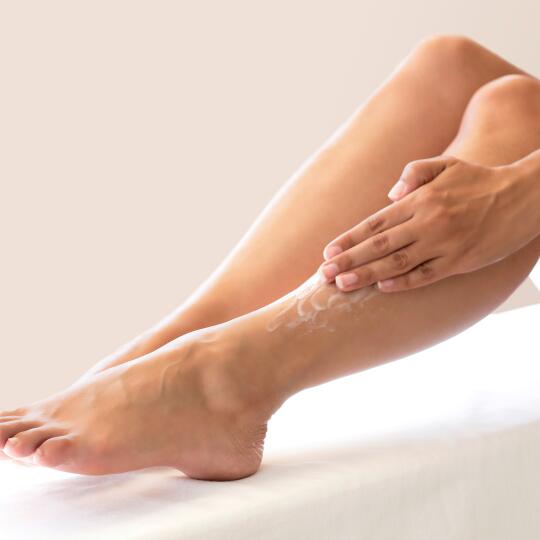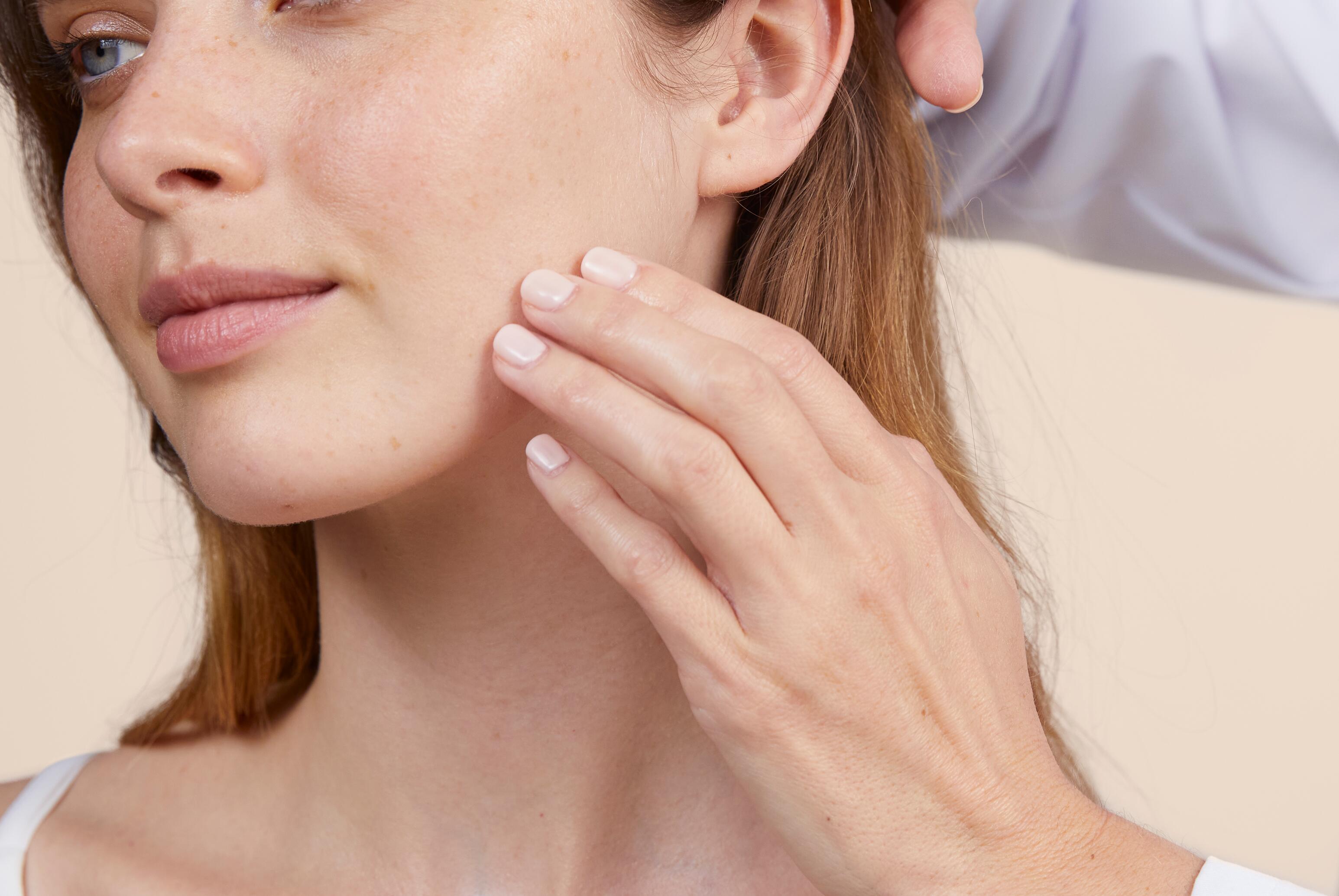What are the signs of dry skin?
“I have dry skin!" Who hasn't said that before? This may not be the case. Because dry skin has very specific signs that should not be confused with just temporary dehydration. What are these characteristics and how do they occur? We'll help you make sense of it.

Signs of dry skin
Dry skin is more fragile and delicate. Some signs can be seen with the naked eye. Dry skin is often thinner. The grain is very tight and pores are invisible. On top of that, the skin doesn’t appear shiny and make-up stays on quite well. As you might have guessed, it's the opposite of oily skin.
Dry skin can also mean a loss of suppleness and softness and feels less elastic.
I'm worried that my dry skin will mark quickly because I already have fine lines around my eyes and I'm only 30.

Does it sting? Is it itching? How does dry skin occur?
Dry skin is noticeable! Although all parts of the body can be susceptible, the face, legs and elbows are the most affected.
If this applies to you, you will know that uncomfortable, tight, tingling feeling when you get out of the shower, which can last all day. You can feel how rough this crocodile skin is to the touch.
This dryness can also be seen: it may appear red. Especially in the winter. Not to mention that your complexion may look duller with the early appearance of fine lines and wrinkles due to a loss of elasticity.
Learn more about dehydrated skin
The “mechanism” of dry skin
A dual deficiency: lipids + water
A lack of oils in the body
Dry skin is closely linked to a lack of lipids. Less sebum means a lack of oil in the outermost layer of the skin. The hydrolipidic film on the skin's surface can no longer protect against certain external aggressors
Lack of water
Dry skin also has difficulty slowing down the evaporation of the moisture contained in the skin. Which gradually loses its suppleness.
FRIENDLY (AND EXPERT) ADVICE
Combat external aggressors
If certain factors such as age or hormonal variations favour skin dryness, others, linked to your lifestyle, are easily identified: hydrate yourself by drinking 1.5 litres of water every day; protect yourself from the cold; apply sun protection if you expose yourself to the sun; avoid excessively dry atmospheres; limit irritating rubbing with flannels, towels or make-up removal pads, as much as possible, avoid applying perfumes directly to the skin...
And avoid anything that could dry out your skin: soaps that are too harsh, showers or baths with water that is too hot...
The right way to care for your dry skin
The good news is that even if you have a permanent skin condition, it is still possible to take care of dry skin by adjusting your daily routine. Your mission: first, restore the barrier function of the epidermis with an emollient. Next, you’ll need to protect your skin with adapted products: using a gentle cleanser and a nourishing and hydrating moisturiser to prevent dryness and associated feelings of tightness.

Our solution to restore dry or dehydrated skin
Avène Thermal Spring Water skincare products designed to make you feel good in your skin
- Rich Revitalising Nourishing Cream
Les Essentiels
Rich Revitalising Nourishing CreamNourishes - Soothes - Protects
NEWSLETTER
We're always here for your skin!
All our tips on how to take care of your skin every day.

Which skin care routine should you adopt?
Identify what it really needs with the help of our experts and discover the most suitable skin care routine for you.

